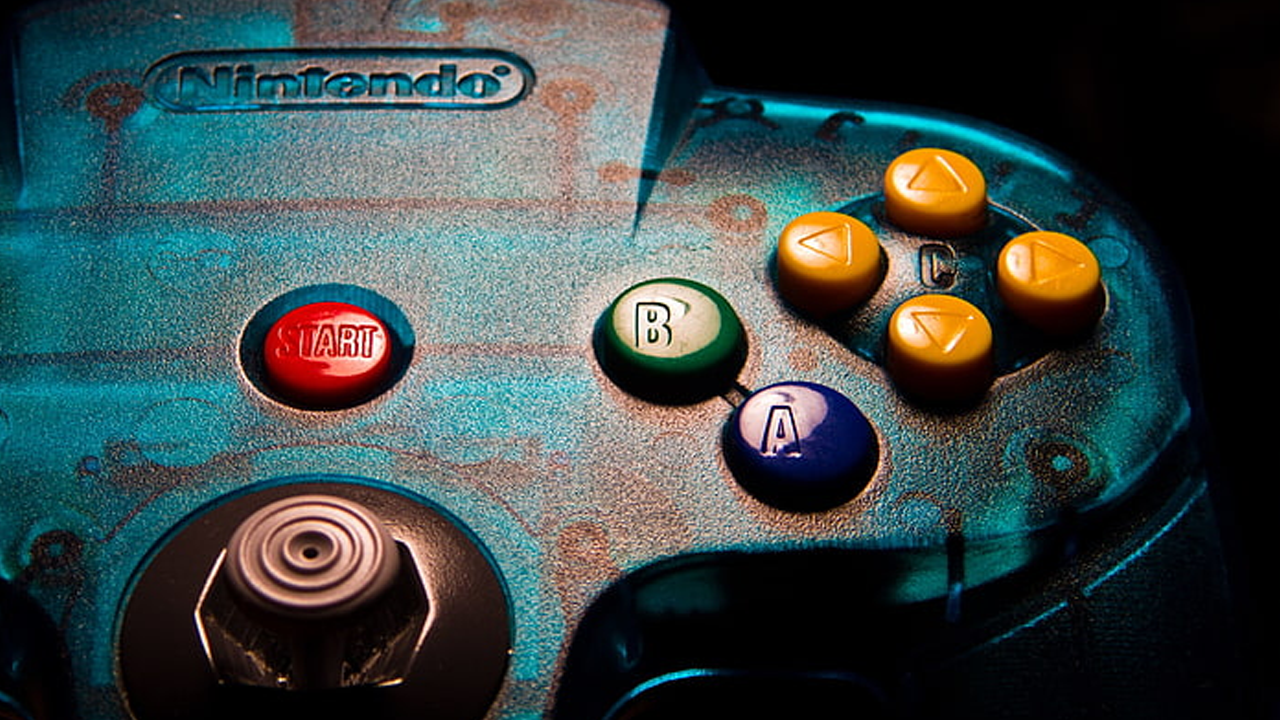
The Nintendo 64 has long been a tough system to emulate, and while software emulators have made progress, accuracy issues still frustrate players. The MiSTer FPGA project has been a beacon for preservation, but its DE10-Nano board has always been seen as too limited to handle a proper N64 core.
That changed when developer Robert Peip (FPGAzumSpass) managed to get an N64 core running on MiSTer. It was a breakthrough, but hardware limitations quickly put a ceiling on what could be achieved. Even Peip admitted that the DE10-Nano simply wasn’t built for the N64.
Enter the ModRetro M64. Backed by Palmer Luckey’s ModRetro and built in collaboration with Peip himself, the M64 uses a modern AMD FPGA and fast, low-latency memory, hardware designed to overcome all of the shortcomings of the MiSTer. More importantly, ModRetro says the M64 will remain open-source, meaning improvements could be shared with the wider FPGA community.
This puts the M64 in sharp contrast with the Analogue 3D, which is based on Murray Aickin’s closed UltraFP64 core and won’t allow other cores to be loaded. Where Analogue is going for a boutique, locked-down system, ModRetro is pushing for a platform, one that could eventually host multiple cores and become a true MiSTer successor.
Early-bird pricing for the M64 is set at $199, with the final retail cost aligning closer to Analogue’s $249 system. Whether it can truly live up to the MiSTer’s legacy remains to be seen, but if it delivers on its open-source promise, the M64 may not just be an N64 clone, it could be the foundation for the next era of FPGA retro gaming
